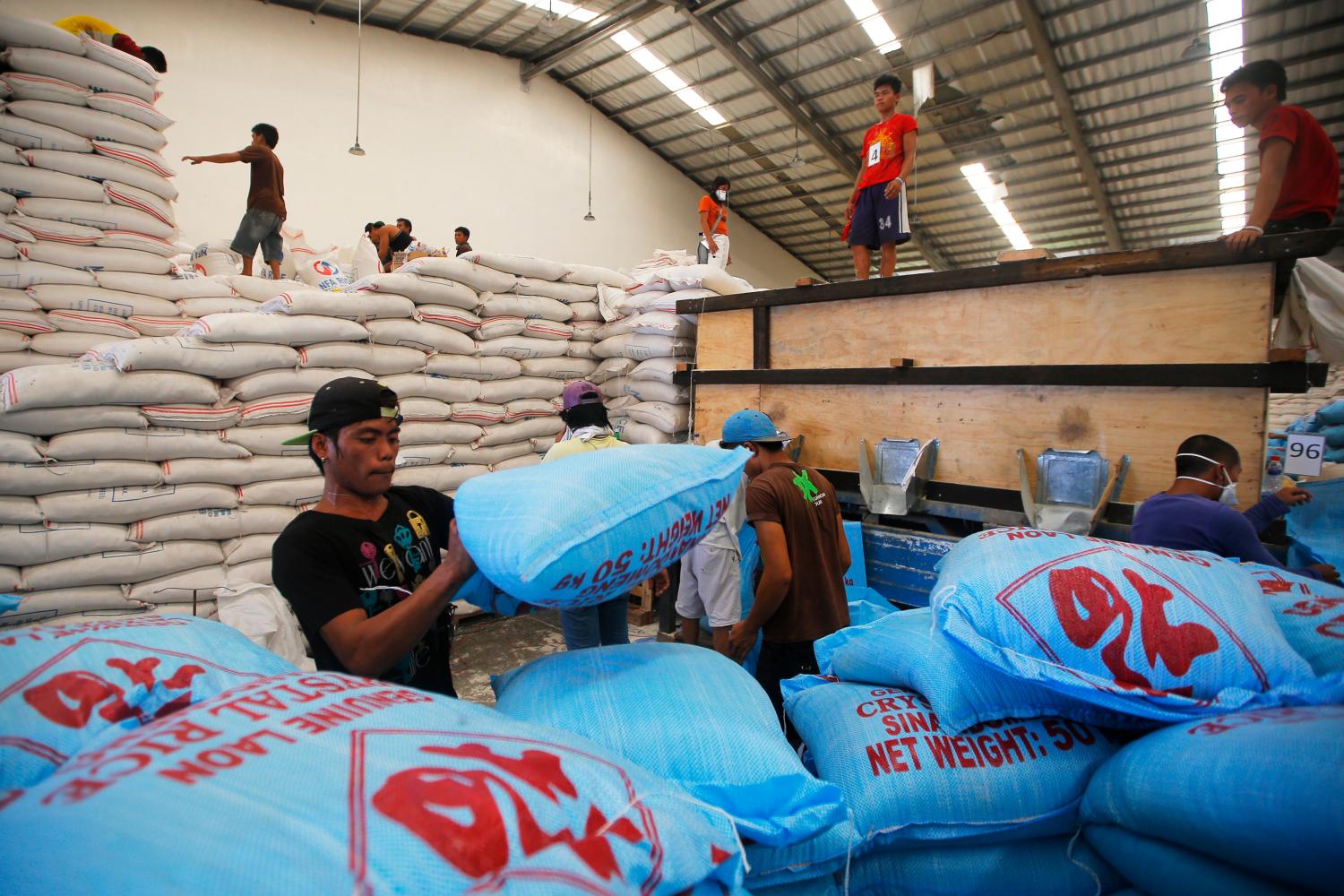If you are one of those government officials, finance experts, development professionals or NGO members whose eyes glaze over when you see an article on procurement, you are the audience I want to address. Procurement is the purchase of works, goods and services by individuals or firms, or government entities in the case of public procurement. We all make procurement decisions in our everyday lives. We pride ourselves on making good decisions and being able to apply discretion and judgment. Now imagine if you were improving your home and were constrained by pages and pages of legal and technical regulations that take away that discretion. You would soon question whether those regulations were relevant and whether they provide any value or simply delayed and jeopardized good decision-making. Worse yet, imagine if you had to follow rules that someone else outside your family, your community or your country set for you. While public procurement requires a higher standard of governance than personal procurement, developing countries and other stakeholders are raising these questions regarding the policies set by multilateral aid institutions.
In November 2013, the World Bank released the report of its first stage efforts in reforming its procurement policy as it relates to the projects it finances. As the World Bank enters the second stage in designing the actual reforms, the “development community” faces a crucial moment and opportunity to refine and reform a fundamental instrument in the development toolbox—one that has been treated for too long as a “plumbing and wiring” issue that ignores the broader public policy implications and the growing burden of conflicting objectives, regulations, incentives and political polemics. The purpose of this paper is to examine concerns regarding reform of multilateral agencies’ public procurement policies, enhance awareness of what is at stake and lay the groundwork for the reform discussions at development institutions that will take place over the next year.
I should alert you, however, that I am neither a procurement specialist, nor am I a lawyer or an engineer. I would describe myself as a development practitioner. After decades of working on infrastructure projects and on multilateral operational policy, I have maintained a deep respect for my procurement colleagues who have protected my proverbial “backside.” One quickly learns in this business that a mistake in procurement can result in serious consequences as one sits in the middle of the converging, and often conflicting, interests of governments, donors, private sector and, of course, affected communities. The procurement policies applied by the multilateral finance institutions have been responsible for enhancing competition, deepening transparency and raising the integrity of investment in developing countries, as well as opening markets for developed and developing countries’ businesses. As the world of public procurement has evolved, however, one also learns that procurement is becoming more than just getting the “plumbing and wiring” right. Indeed, the role and application of public procurement policies and practices is an essential element of design and implementation with crucial consequences for the quality of outcomes. The case set forth in this paper lays out the factors driving the need for major reform of multilateral banks’ procurement policies—rather than simply adapting existing policies. This paper also presents the major challenges to be addressed in designing the reforms and the tensions to be resolved or balanced as the World Bank enters the more detailed design stage of its reform effort.




